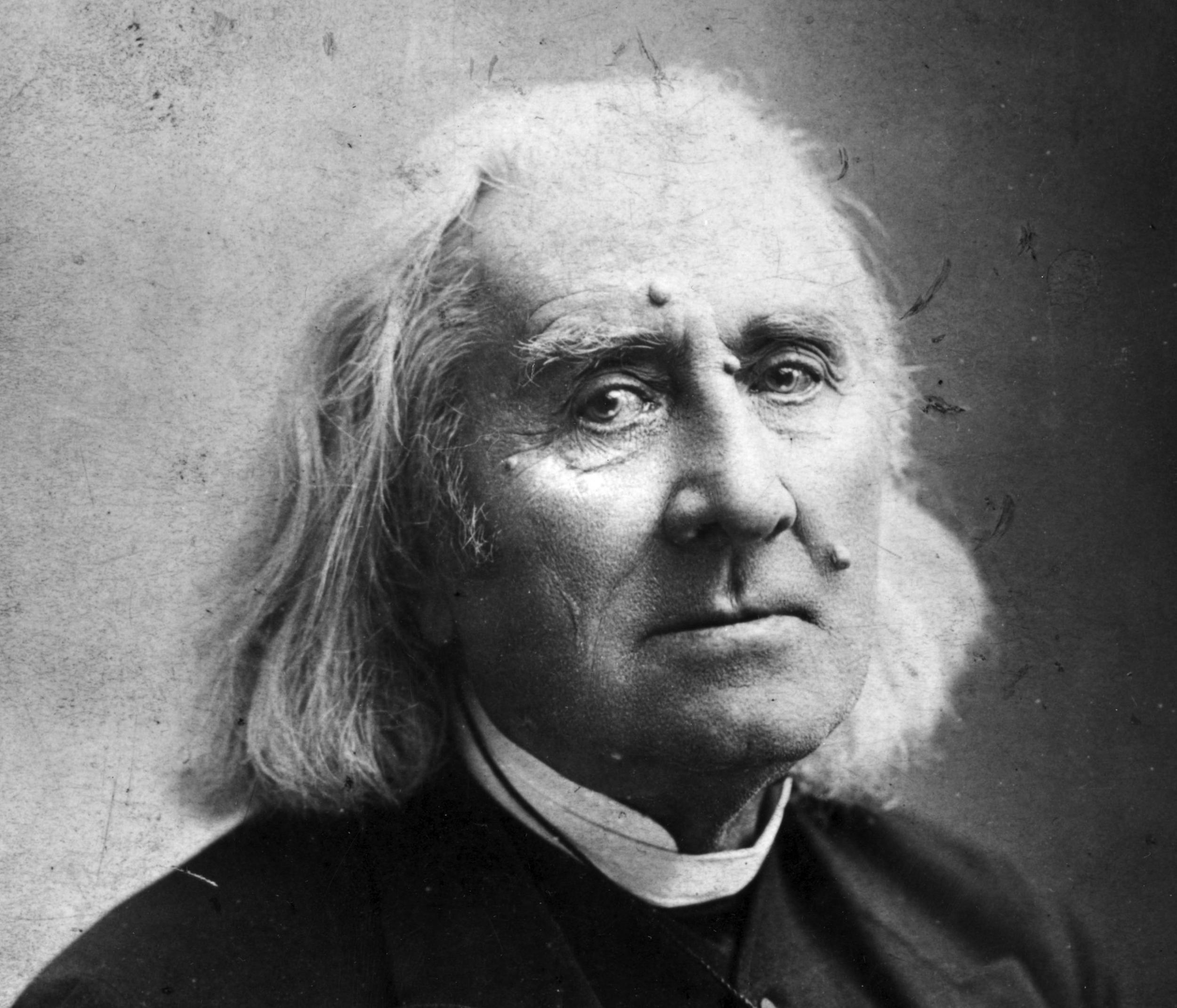
The Nebraska Chapter of the American Liszt Society and the Glenn Korff School of Music are sponsoring Lisztomania to celebrate pianist and composer Franz Liszt’s 206th Birthday.
Lisztomania! A Birthday Celebration Franz Liszt as Poet, Pianist and Priest is Sunday, Oct. 22 at 7:30 p.m. in Kimball Recital Hall. The event is free and open to the public. The concert will also be live webcast. Visit music.unl.edu the day of the concert for the link.
A birthday reception, sponsored by the Pearle Francis Finigan Foundation and Nothing Bundt Cakes, will follow the concert in the Kimball Hall lower lobby.
Marguerite Scribante Professor of Music Paul Barnes, along with University of Nebraska–Lincoln Alumni Richard Fountain and Elizabeth Grimpo will be featured performers at the concert. Other performances will include undergraduate and graduate piano students in the Glenn Korff School of Music.
Barnes is the current president of the Nebraska Chapter of the American Liszt Society, and Nebraska has hosted national Liszt festivals in both 2010 and 2005.
“We usually do one event a year, and I really wanted to get more students involved in this year’s event,” Barnes said. “That’s where the whole ‘Lisztomania’ idea came from. That term was used in the 19th century because Liszt was the first rock star, and ladies just went gaga over him. So I wanted to invite former students back and then have the best current students perform to create this wonderful evening of Liszt’s greatest hits.”
The program is divided into three sections, and each program will explore Liszt’s musical role as poet, pianist and priest.
“It worked out that the program is divided perfectly into Liszt as poet, which are the beautiful, lyrical, gorgeous works inspired by poetry,” Barnes said. “And then Liszt as pianist features his etudes and shows off his revolutionary approach to piano writing. And then finally Liszt as priest deals with the transcendent message of music and the listener’s ability to participate and experience divine grace through music.”
Barnes will perform “Ballade No. 2” (1853) to conclude the concert in the Liszt as Priest section.
Fountain joins him in this section, beginning this section of the program with “The Fountains of the Villa d’Este” (1877). Fountain is assistant professor of collaborative piano at Wayland Baptist University in Plainview, Texas. He received his DMA in 2008 and his M.M. in 2005 from Nebraska. He is also the principal keyboardist for Lincoln’s Symphony Orchestra.
Grimpo (M.M. 2001 and D.M.A. 2006) is associate professor of music at Concordia University in Seward, Nebraska, and is an organist at Christ Lutheran Church in Lincoln. She will conclude the Liszt as Poet section with “Gretchen at the Spinning Wheel” (Schubert/Liszt, 1876).
Liszt was a prolific 19th-century Hungarian composer, virtuoso pianist, conductor, music teacher, arranger, organist, philanthropist and author. He was born on Oct. 22, 1811, in Raiding, Austria, and died in Bayreuth, Germany, on July 31, 1886.
Barnes said Liszt is worthy of all the attention he gets, including having a national society dedicated to him.
“Liszt had everything going on,” he said. “He had a profound understanding of how the piano worked. He had incredible harmonic and melodic gifts that come through in all this music. But he was also a tremendous philanthropist. If there was some sort of natural tragedy, he would do these benefit recitals that would raise a boatload of money. So he’s like the dream musician where he also has this real sense of social consciousness. Most people consider him to be the greatest pianist that ever was.”
Barnes encourages audiences to come hear Liszt’s music at this special event.
“This evening is unique,” he said. “In one evening, you get to hear the aesthetic journey of Franz Liszt pretty much from beginning to end, from his early virtuoso works all the way to his late experimental works. Plus, you get to eat cake afterwards.”